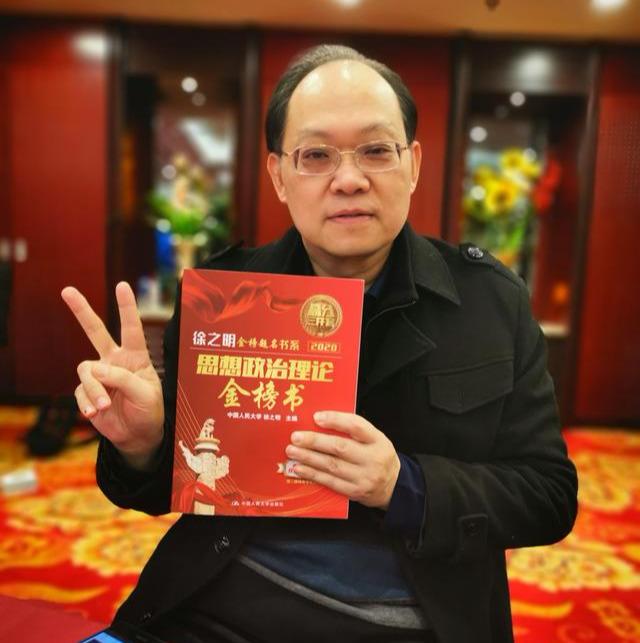Among the various subjects of the examination and research, "Ideological and Political Theory" belongs to a relatively simple one. However, it is this relatively simple subject that many students have not been able to achieve the desired results, resulting in the fall of the sun mountain. Although the reasons for failure are various and vary from person to person, the following three points are general and representative.
One of the causes of failure: low targeting.
Many students positioned the score of the examination for politics as a passing score of 60, which led to tragedy. Here's why:
First, the examination is divided into selective examinations and standard examinations; the nature of the examinations determines that the requirements for scores are very different. For the qualifying test, the goal is "60 points long live"; for the selective test, the goal is that the score is "not the highest, only higher", that is, to pursue a score that exceeds the opponent's score. Postgraduate examinations are undoubtedly selective examinations.
Second, in recent years, due to the relative ease of the topic, the average score of the examination and research politics is about 60 points. What is an average score? That is, the vast majority of test takers can get points. However, the acceptance rate of the graduate school is 35%, that is, out of 100 candidates, only the top 35 with the highest scores can be selected. It can be seen that in addition to medical, art and other majors, politics scored 60 points, which is definitely a death point.
Third, "If the law is above it, it will be in it; if the law is in it, it will be under it; if the law is below it, it will not be gained." Therefore, if the target positioning is only 60 points, the actual result is likely to be less than 60 points.
The second reason for failure: the learning attitude is biased.
In the process of graduate school, many students are willing to work hard and take the time to learn professional courses, English, and mathematics, which is correct; unfortunately, this correct attitude has not been applied to politics. Political science is reluctant to work hard and take the time to study, but the exam has to be taken, and the result is to pin hopes on the question. Coupled with the deceptive flickering of some tutoring classes and some people, this unhealthy trend of "studying for examination and research politics by betting on questions" has become very popular, and finally many candidates have been killed.
I once summed up "the two iron laws of success in graduate school".
One of the "Iron Laws": Do what needs to be done. Students must "learn"; "learn" to "learn" in order to "live". And the superstition is to give up learning, that is, to deny the basic position, and to break the physiology.
"Iron Law No. 2": Do what most people don't do. Graduate school is a game in which a few people succeed and the majority become benevolent. Why success belongs to you, you must have paid more than others. And the letter is something that everyone can do.
The third reason for failure: the review arrangement is wrong.
Many students are reluctant to start reviewing politics early, but like to put political revision in the near exam before the surprise. The reasons for supporting this misbehavior are usually as follows:
First, wait for the "Examination Syllabus". Of course, the annual "Examination Syllabus" will have certain adjustments to the test centers; but it must be clear that in a total of more than 500 test centers, the number of new test centers added each year will generally not exceed 10, and the vast majority of test centers are consistent. Therefore, the correct approach is to review according to the original outline first; when the new outline comes down, it is enough to make up for the new knowledge points in 1 or 2 hours.
Second, I have memorized it early for fear of forgetting. This view is even more wrong. First of all, if you look at the syllabus and exam questions, you will know that the main goal of examination and politics is ability rather than knowledge reproduction. How can the capacity be improved? The old ancestor said: Read a hundred times, its righteousness will appear on its own. Read a hundred times, the time is short, you will certainly not be able to do it. Second, there are no less than 150,000 words of things to memorize in politics. This amount cannot be memorized in a short period of time.
The greatest pain in life is not to fail, but to win or not to win!
In the face of politics, a subject that is not too difficult, it is necessary not only to win, but also to win wonderful. In previous exams, the students I tutored have scored excellent results of 95 points for three consecutive years. Therefore, as long as the goal is determined scientifically, the learning attitude is corrected, and the students start early, the students can completely achieve excellent results in politics.
Xu Zhiming, in recent years, is a trainer of the National Examination and Research Institute Political Champion, a member of the Examination and Research Examination Team, a guest commentator on current affairs of Phoenix Satellite TV, and a famous lecturer of ruida fa shuo examination and research on politics. Invited lecturers from Peking University, Tsinghua University, Beijing Normal University, Central Party School, National School of Administration, etc. Editor-in-chief of the Golden List of Examination and Research Politics.
